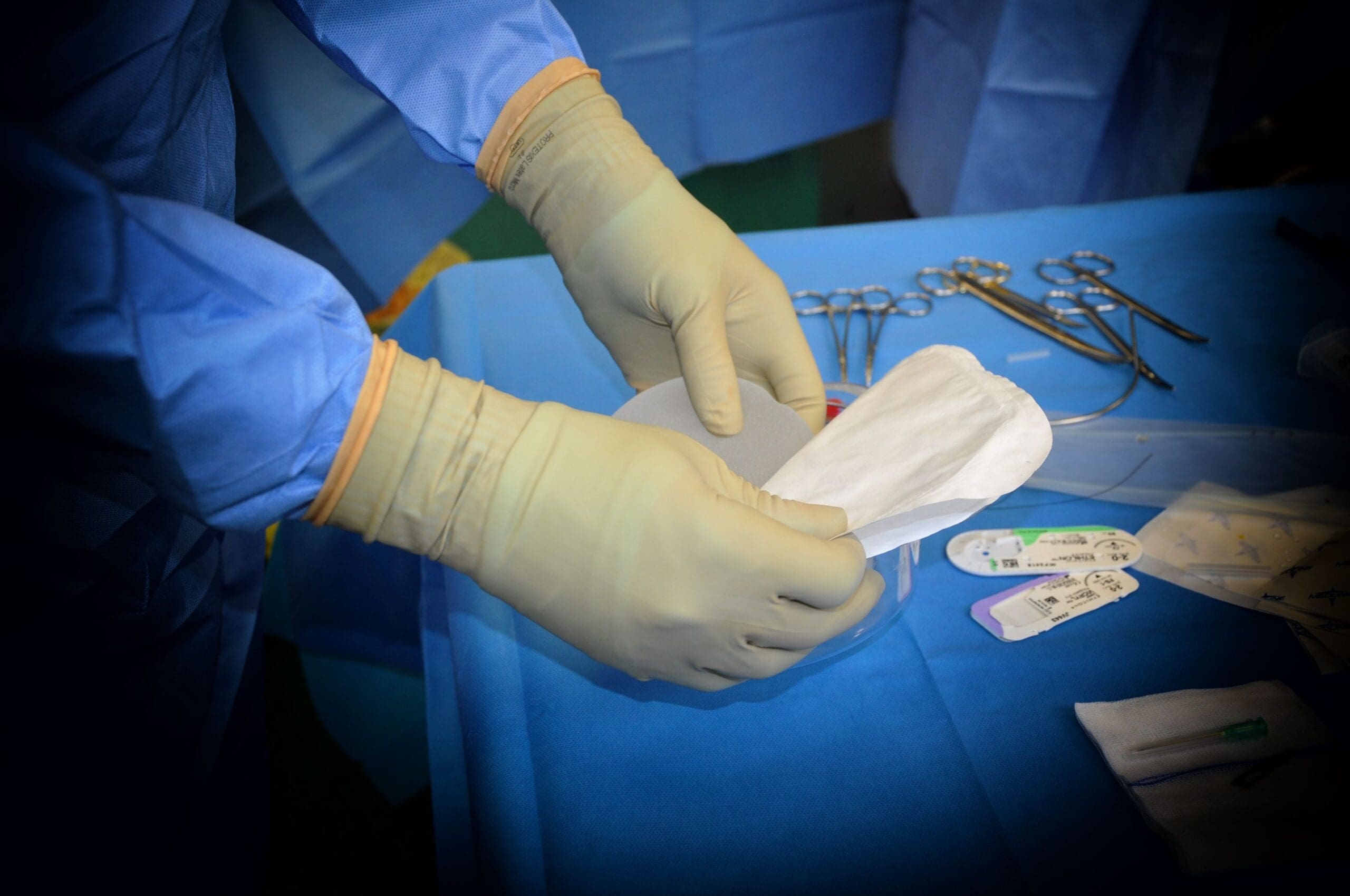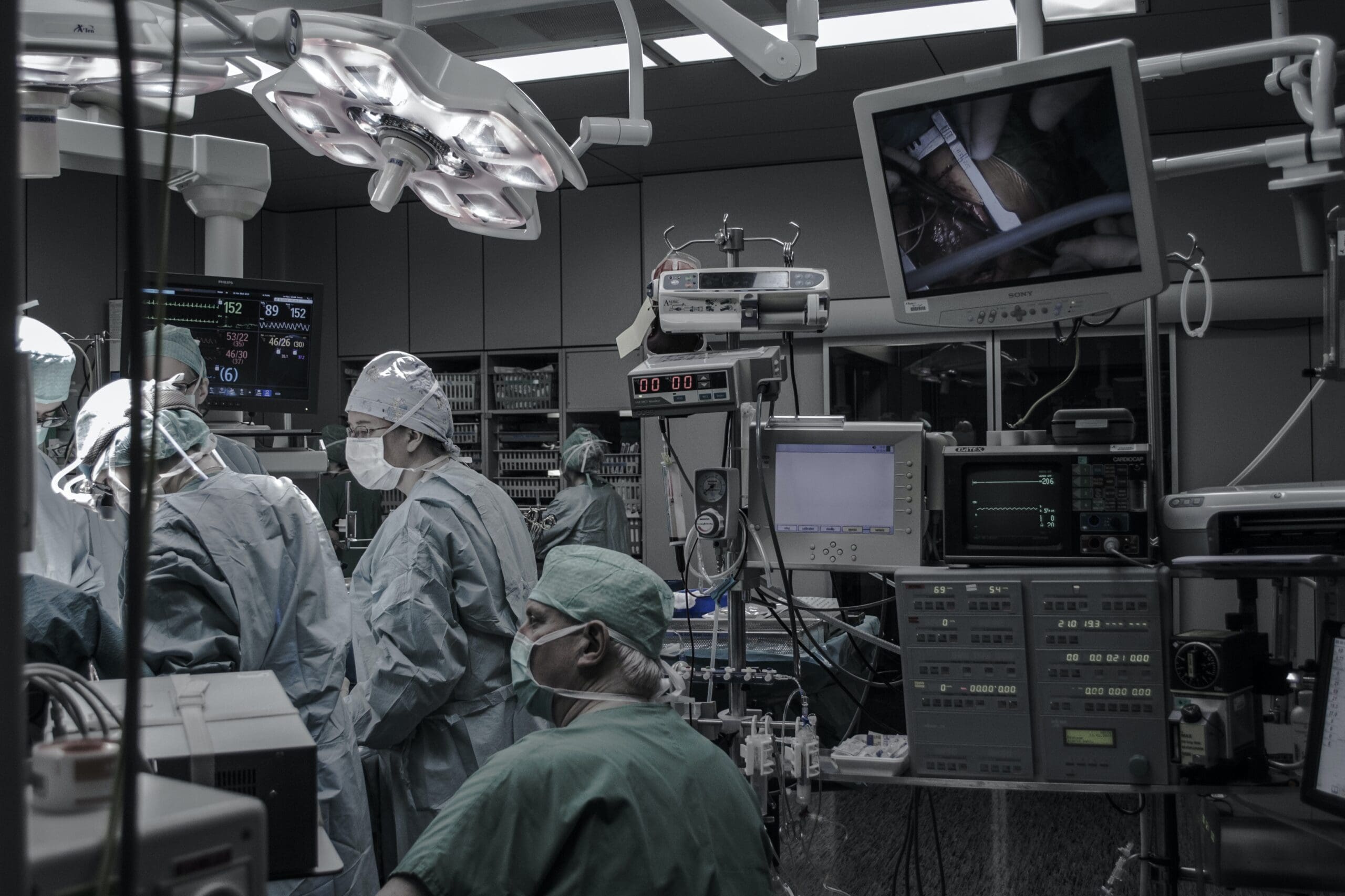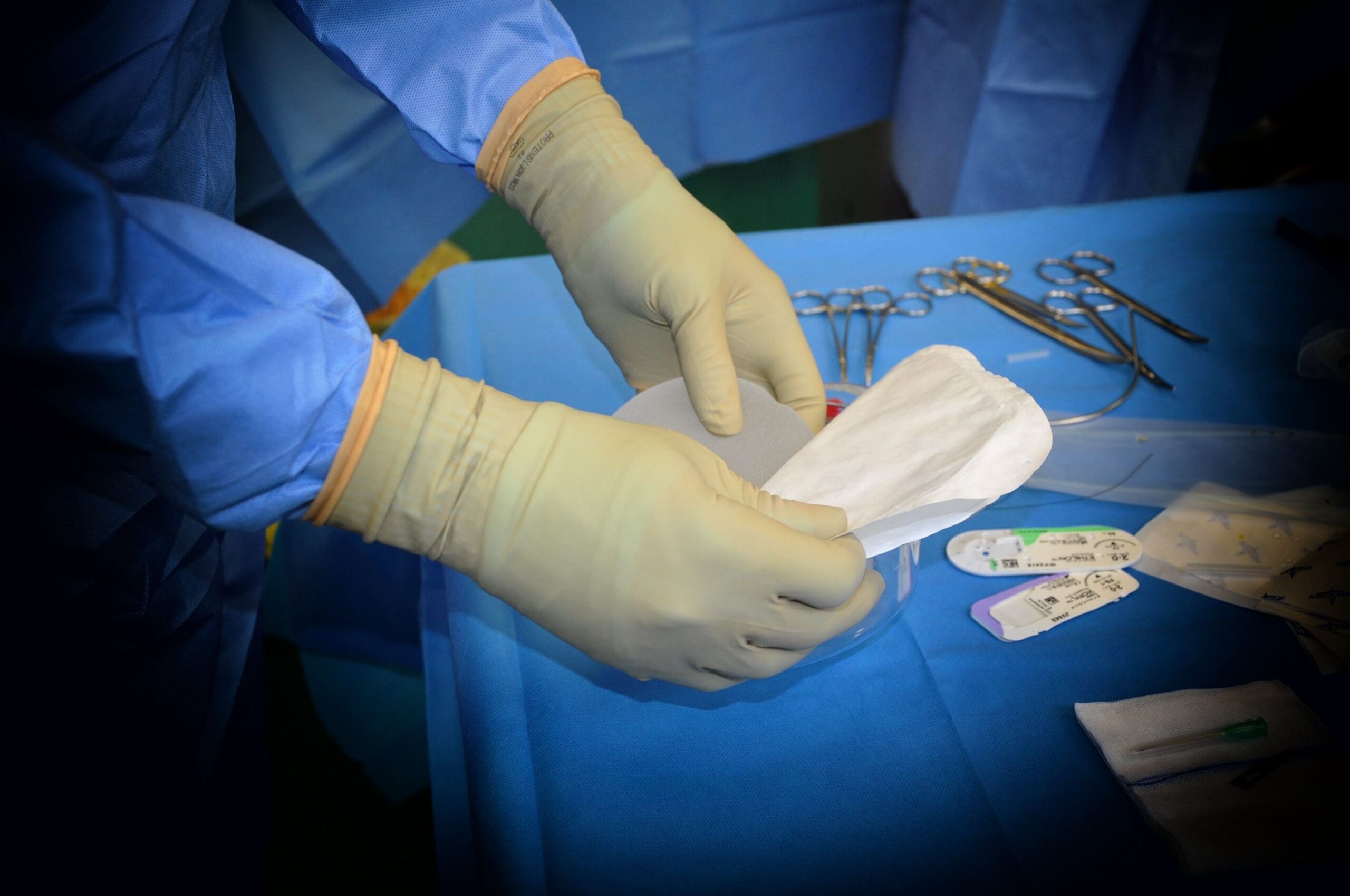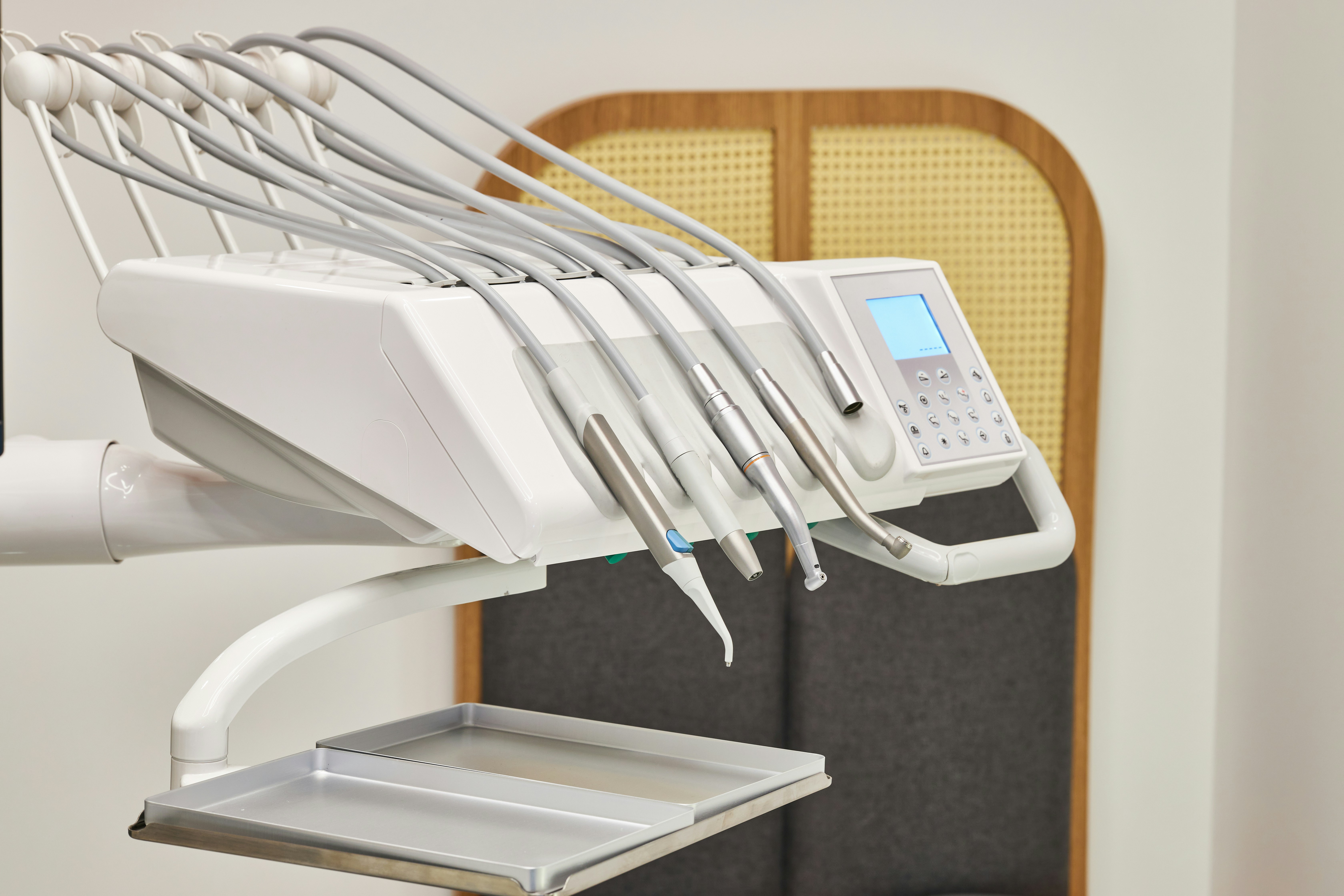With an extensive background in all facets of modern dentistry, Newtown Dental is uniquely positioned to offer you a complete array of dental procedures. From providing you with the preventive education and routine hygiene that help minimize dental issues, to expertise in cosmetic and restorative solutions for any dental challenges you may face. Notably, our experienced professionals also offer prompt same-day emergency care and skillful wisdom teeth removal. Newtown Dental prioritizes your comfort and health, utilizing the most sophisticated technologies and materials, while creating a friendly, welcoming environment. Whether it’s a routine checkup or more specialized care you need, Newtown Dental is your local destination for all things dental. So go ahead and call us or conveniently book an appointment online, and let the smiling begin!
Understanding Wisdom Teeth
Understanding wisdom teeth and why they sometimes need to be removed can be a complex topic. Let’s try to unravel it step by step.
Anatomy of Wisdom Teeth
Wisdom teeth, also known as third molars, are the last teeth to erupt in your mouth. They usually emerge between the ages of 17 and 25. Most people have four wisdom teeth – two on the top and two on the bottom. However, some individuals may have fewer or even none at all.
Why Do We Have Wisdom Teeth?
Our ancestors relied on wisdom teeth to help grind down plant tissue. However, as our diets have softened and evolved over time, these third molars have no longer been necessary for survival, leading to them becoming somewhat redundant.
Potential Problems with Wisdom Teeth
Due to limited space in the mouth, wisdom teeth can sometimes grow at an angle or only partially emerge. This is known as ‘impacted’ wisdom teeth, and it can cause a host of problems, including pain, infection, and damage to surrounding teeth.
The Need for Wisdom Teeth Removal
Having uncomfortable or painful wisdom teeth doesn’t always mean you need them removed. Let’s understand when removal is necessary and what the benefits are.
Identifying Impacted Wisdom Teeth
An impacted wisdom tooth can cause various problems, like pain, infection, crowding, and damage to other teeth. Your dentist will be able to identify impacted wisdom teeth through an examination and X-rays.
Complications of Wisdom Teeth Misalignment
When wisdom teeth grow in misaligned, they can cause a host of problems, including causing other teeth to shift, damaging neighboring teeth, and causing congestion in the mouth. This can have further implications for a person’s overall oral health.
Benefits of Early Wisdom Teeth Extraction
Getting your wisdom teeth removed earlier in life can mitigate many of the issues that come with these teeth. Early removal can reduce the risk of infection, oral disease, and damage to other teeth. It can also result in faster recovery post-surgery.

Evaluating Your Need for Wisdom Teeth Removal
Proper evaluation is crucial to ensure the safe and effective removal of your wisdom teeth. Here’s what to expect during this process.
Initial Consultation and Examination
The initial consultation with your dentist will usually involve a thorough examination of your mouth and a discussion of your medical history. Your dentist will assess potential problems and explore your options for treatment.
Using Advanced Dental Imaging
Advanced dental imaging technologies like X-rays and 3D imaging can give a detailed view of your teeth’s structure and position. This will aid your dentist in deciding the best method for extraction.
Assessing Patient’s Health and History
Your general health and medical history play a significant role in determining whether wisdom teeth removal is safe for you. People with certain medical conditions may need to seek alternative treatment options.
Preparing for Wisdom Teeth Removal
Preparation is key to a smooth and successful wisdom teeth removal process.
Pre-procedure Consultation
During the pre-procedure consultation, your dentist will walk you through the steps of the procedure, potential risks, and post-operative care. This is your opportunity to ask any questions or voice any concerns.
Understanding the Procedure
Understanding the procedure can help ease any anxieties you may have. Your dentist will explain how the tooth is removed, the type of anesthesia that will be used, and what to expect during recovery.
Post-procedure Expectations
Knowing what to expect after the procedure can help you plan for a smooth recovery. Your dentist will provide instructions on pain management, diet, and oral hygiene during recovery.

The Wisdom Teeth Removal Procedure
The actual procedure of wisdom teeth removal involves the following steps.
Administering Anesthesia
Depending on the complexity of the extraction and your comfort level, your dentist will administer local, sedation, or general anesthesia to numb your mouth and ensure you are comfortable throughout the procedure.
Surgical Removal Procedure
Your dentist will make a small incision in your gum to expose the tooth and bone. The tooth is then removed, and the site is cleaned and sutured.
Immediate Post-Operative Care
Post-operative care begins immediately after surgery. Your dentist will give you gauze to bite on to manage bleeding and will provide instructions for at-home care.
Aftercare and Recovery from Wisdom Teeth Removal
Recovery is an essential part of the wisdom tooth removal process.
Pain Management and Medication
You may experience some pain and swelling after surgery, which can be managed with prescribed pain medication and ice packs. Your dentist will provide specific instructions on dosage and timing.
Eating and Drinking After Surgery
Diet can significantly impact your recovery. For the initial few days after surgery, stick to a diet of soft foods and plenty of fluids. Avoid hot, spicy, or hard foods that could irritate the surgical site.
Maintaining Oral Hygiene During Recovery
Good oral hygiene is crucial for healing. While you need to avoid brushing at the surgical site for the first 24 hours, you can gently rinse your mouth with warm salt water to keep the area clean.
Potential Complications and Risks
While wisdom teeth removal is a common procedure, it’s essential to be aware of potential complications and risks.
Common Complications
Common complications include dry socket, infection, prolonged bleeding, or nerve injury. These complications are rare and can be effectively managed when promptly addressed.
How These Complications are Managed
Your dentist will advise you on necessary steps for managing complications, which may involve medications, additional treatments, or sometimes, further surgery.
When to Seek Immediate Medical Attention
If you experience severe pain, excessive bleeding, ongoing numbness, fever, or any other severe symptoms after surgery, seek immediate medical attention.
Costs and Insurance Coverage
The costs of wisdom teeth extraction can vary based on several factors, including the complexity of the case.
The Average Cost of Wisdom Teeth Removal
In general, the cost of wisdom teeth removal can range anywhere from several hundred to over a thousand dollars per tooth. Your dentist will provide a detailed cost estimate before the procedure.
Understanding Your Dental Insurance Coverage
Dental insurance plans may cover a portion of the procedure’s cost. It’s essential to check with your insurance company to understand your coverage before scheduling surgery.
Payment Options and Plans
Most dental clinics offer multiple payment options, like credit, debit, checks, and installment plans. Some clinics may also offer discounts to uninsured patients.
Importance of Regular Dental Visits
Regular dental check-ups play a crucial role in maintaining good oral health and identifying potential issues early on.
Routine Dental Check-ups
Routine dental check-ups are an essential part of oral health care. They help diagnose potential problems in the early stages when they are easier and less costly to treat.
Professional Dental Cleanings
Professional dental cleanings help to remove hard deposits on teeth and teach you the proper way of brushing and flossing.
Identifying Potential Dental Problems Early
Dentists have the skills and tools to identify early signs of problems that you may not see or feel. Early detection can result in less extensive and less costly treatment.
Effective Oral Hygiene Practices
Maintenance of good oral hygiene is crucial for healing post-surgery and for your overall dental health.
Brushing and Flossing Techniques
Brushing twice a day and flossing daily can keep your gums healthy, reduce the risk of decay, and prevent gum disease. Ensure that you’re using correct techniques for maximum effectiveness.
The Importance of Regular Flossing
Regular flossing removes plaque buildup from areas not reachable by a toothbrush, preventing gum disease and cavities.
Maintaining Fresh Breath and White Teeth
Good oral hygiene practices not only keep your mouth healthy but also maintain your breath’s freshness and your teeth’s brightness, improving your overall confidence and quality of life.
In conclusion, a sound understanding of wisdom teeth and their potential issues can aid in making informed decisions regarding their removal. Regular dental visits and good oral hygiene play a vital role in keeping your pearly whites healthy. Always keep your dentist in the loop about any discomfort or changes in your oral health.




